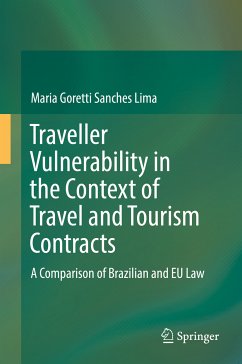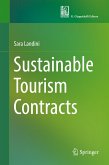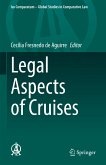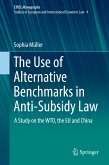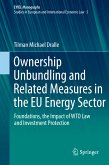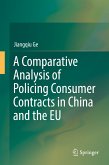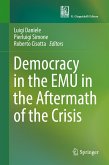In the EU, although the average consumer is assumed to be reasonably well informed, observant and circumspect, they are also recognisedas the weaker party in the contract. That recognition does not fit with the notion of "confident consumer". Vulnerable consumers in the EU are those whose individual characteristics, such as their age, physical or mental infirmity, or credulity, make them particularly susceptible to unfair commercial practices. Conversely, in Brazil these consumers are seen as being hyper-vulnerable, rather than solely vulnerable. In this context, travellers are in a weaker position than regular consumers buying goods or services, because they are outside of their domicile or jurisdiction for a brief or extended period of time.
This book examines two types of traveller vulnerability that make travellers, particularly international ones, a special type of consumers: 1. External and 2. Legal (jurisdiction). Travellers' vulnerability mainly stems from consumers travelling to different markets and different cultures. As such, they are subject to different laws that require special global attention.
While both the EU and Brazilian system have their respective advantages and disadvantages, the goal of both must be to further increase protection for travellers, including business travellers. In consumer societies, the traveller is indeed a consumer by logical causation and hence a "special consumer".
Dieser Download kann aus rechtlichen Gründen nur mit Rechnungsadresse in A, B, BG, CY, CZ, D, DK, EW, E, FIN, F, GR, HR, H, IRL, I, LT, L, LR, M, NL, PL, P, R, S, SLO, SK ausgeliefert werden.

